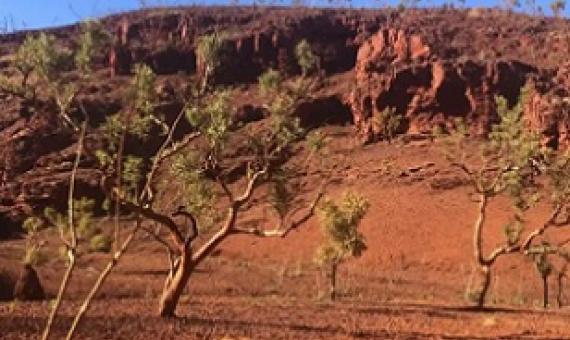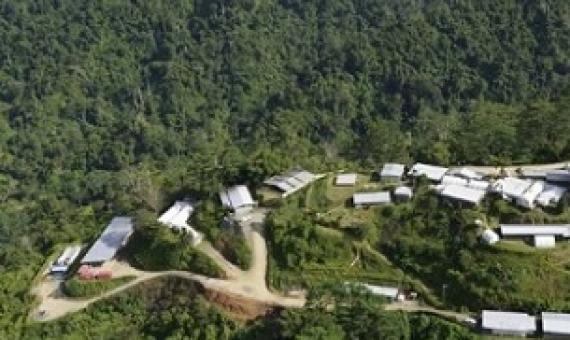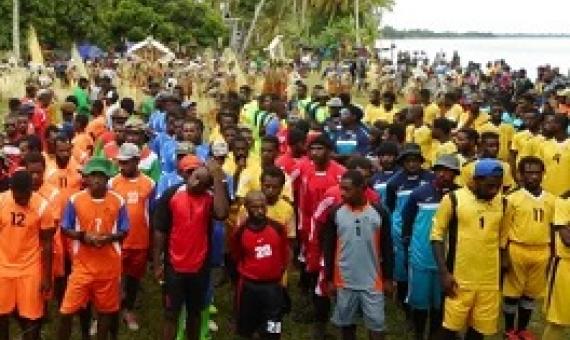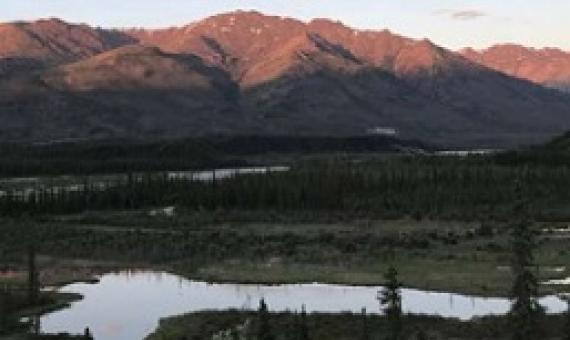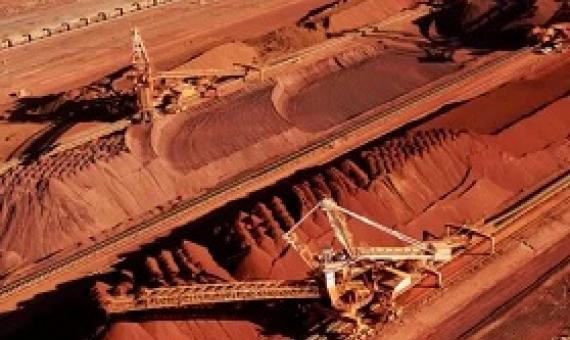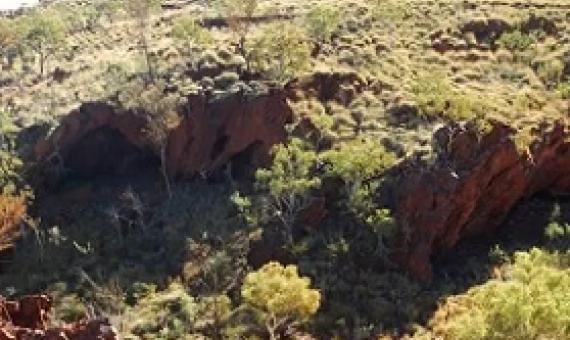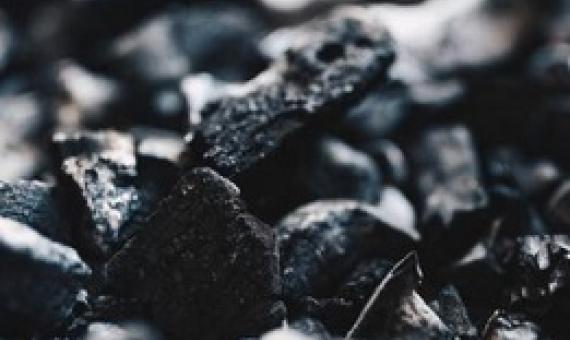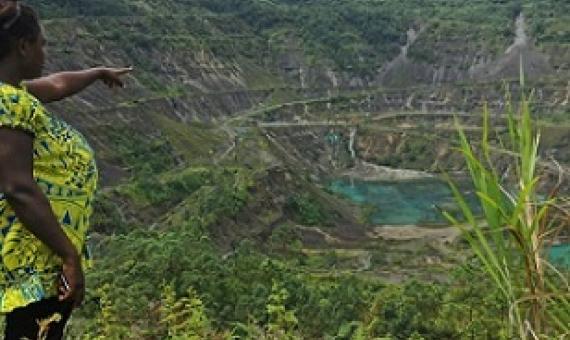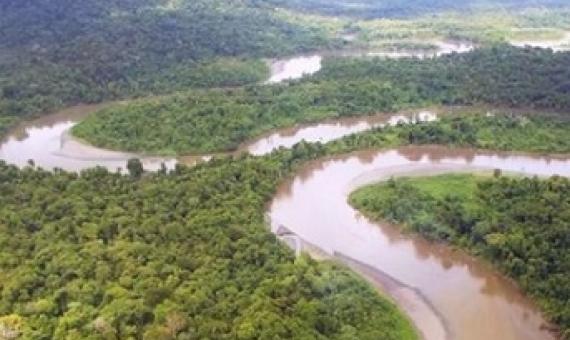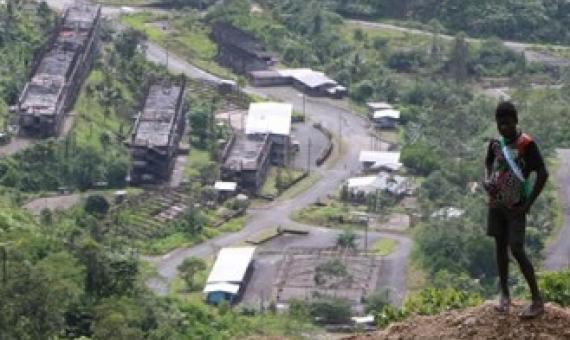More than 100 ancient Aboriginal sites in Western Australia – some of which date before the last ice age – could be destroyed by mining companies which have already obtained legal permission to do so.
Morobe is urging the national government to adequately address environmental concerns raised by landowners of impacted communities before the approval to operate can be granted.
Chiefs from 28 haus tambarans – “spirit houses” – representing 78,000 people along Papua New Guinea’s remote Sepik river have formally declared they want a proposal for the country’s largest ever mine halted.
Roughly half of Earth's ice-free land remains without significant human influence, according to a study from a team of international researchers led by the National Geographic Society and the University of California, Davis.
Mining giant BHP Billiton is poised to destroy at least 40 – and possibly as many as 86 – significant Aboriginal sites in the central Pilbara to expand its $4.5bn South Flank iron ore mining operation, even though its own reports show it is aware that the traditional owners are deeply oppose
Mining company was given permission to blast Juukan Gorge cave, which provided a 4,000-year-old genetic link to present-day traditional owners...A sacred site in Western Australia that showed 46,000 years of continual occupation and provided a 4,000-year-old genetic link to present-day
Coal miner Bathurst Resources is defending its plans to expand its Canterbury Coal Mine into another 18 hectares of forest, farms, and wetland. The 38 ha mine at Coalgate, near Darfield, supplies 95,000 tonnes of low sulphur coal annually to regional customers, including dairy factories.
A new report by the Human Rights Law Centre in Australia details the continuing devastation wrought by a copper and gold mine that closed more than 30 years ago in the Papua New Guinean territory of Bougainville.
In Wewak a group called 'Project Sepik', says the Papua New Guinea government should say "no" to the proposed Frieda River mining project. The East Sepik civil society group said there had been inadequate environmental impact statements conducted.
The Australian Human Rights Law Centre claims the mining giant Rio Tinto remains responsible for multiple human rights violations caused by pollution from the Panguna mine on Bougainville. The mine, the catalyst for the bloody civil war on Bougainville and responsible for widespread environ

